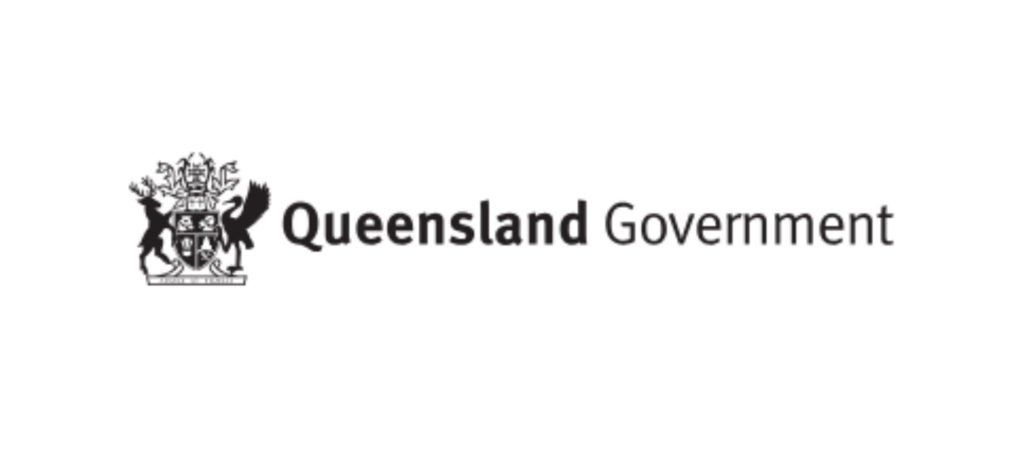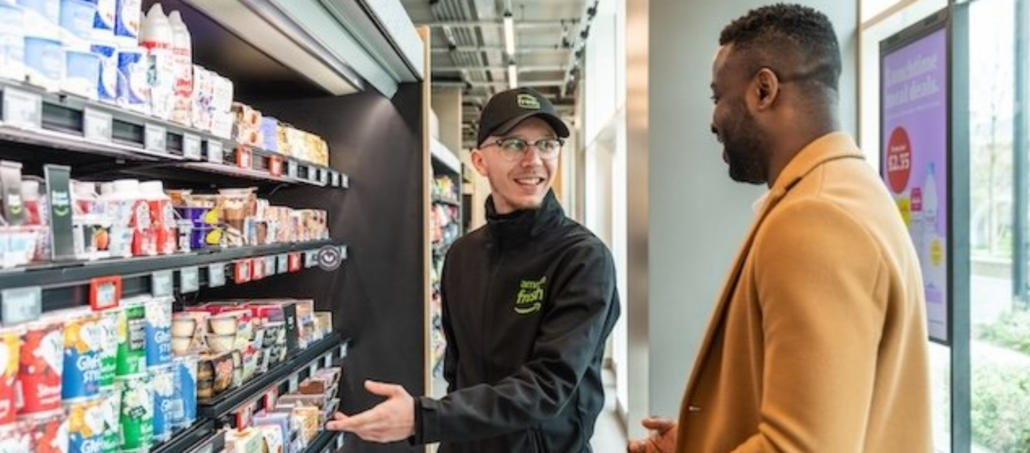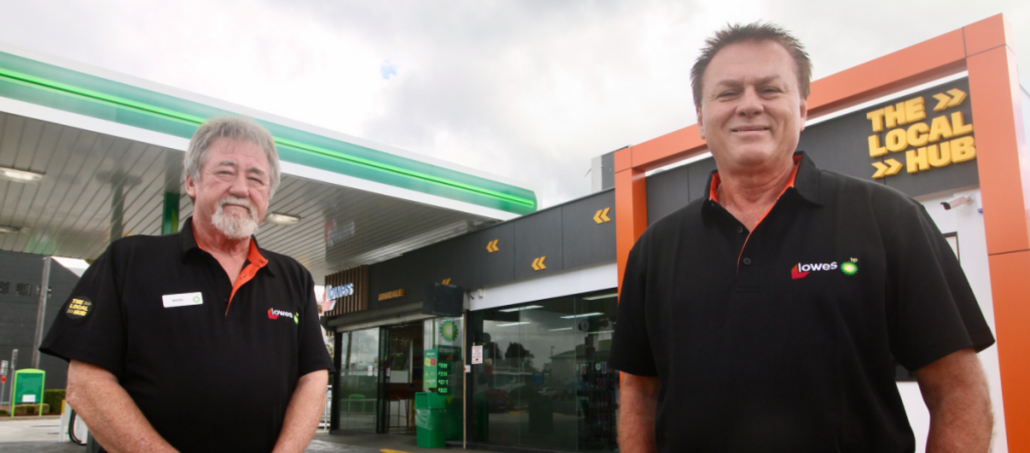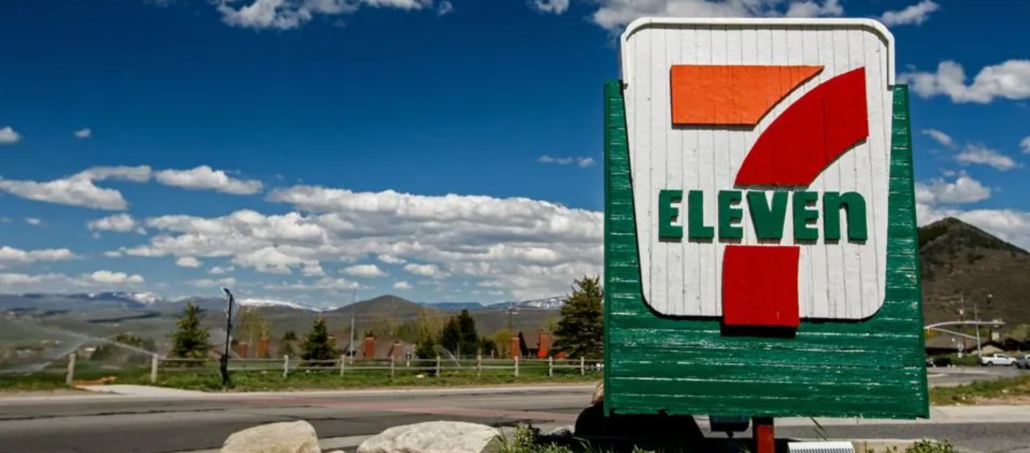RECORD-BREAKING RAIDS IN WAR ON ILLICIT TOBACCO AND DANGEROUS VAPES
Queensland has seized the nation’s largest ever haul of illegal cigarettes and vapes by a health authority, under Queensland Health-led Operation Appaloosa. More than 30 locations were raided, with 76,000 vapes, 19 million cigarettes and 3.6 tonnes of loose tobacco seized. The raids come as more than $5 million in fines were issued in the first week of the Government’s nation-leading fines – over $1 million more than in the final four months of Labor. Queensland has stepped up the war against illicit tobacco and dangerous vapes, with the nation’s largest ever haul of illegal products by a health authority, in an effort to keep them out of the hands of kids. More than 76,000 vapes, 19 million illicit cigarettes and 3.6 tonnes of loose illicit tobacco – with a combined estimated street value of $20.8 million – were seized during the record-breaking Operation Appaloosa in March. Queensland Health raided…
Read MoreBIG CHANGE AHEAD WITH PM’S PAYMENTS REFORM AGENDA
From payday super, to cash mandates, new payment system designations and a possible ban on debit card surcharging, the new-look Albanese government has a big payments reform agenda that could kick off almost immediately parliament resumes. By Warwick Ponder, Managing Editor Proposed reforms to the Payment Systems (Regulation) Act 1998 are likely to hit parliament quickly, providing the Treasurer the power to designate payments systems for regulation – possibly including fintechs and big platforms like the New Payments Platform (NPP), Apple, PayPal, AMEX and Google, Square and Stripe. These powers may also enable the Reserve Bank of Australia (RBA) and the ACCC to take action on issues such as blended debit and credit card fees, which they claim are currently beyond their powers. In October 2023, Treasurer Jim Chalmers announced the Bill “is addressing the risks posed by new digital payment services, which are currently unregulated, to protect consumers, promote competition and spur…
Read MoreGLOBAL CONVENIENCE RETAIL SET TO SURPASS $1 TRILLION BY 2029 FUELLED BY IN-STORE TECHNOLOGY EVOLUTION
IGD has released a Global Convenience Trends Report 2025 which reveals significant changes ahead for the convenience retail sector. Sales are projected to exceed $1 trillion by 2029, driven by a compound annual growth rate (CAGR) of 4.1%. Retailers need to embrace new convenience models, enhance store formats, and integrate digital tools, while suppliers need to adapt product strategies to emerging food trends and convenience needs. The report outlines five key global trends shaping the future of convenience retail: Tech evolution: Convenience retailers must use technology to streamline operations, enhance the customer experience, and drive growth. Areas to look at include retail media, loyalty apps, and creating a seamless omnichannel experience. Food mission: Convenience retailers can differentiate themselves by showcasing a range across both food-to-go and food for later propositions. They should explore different dayparts and global cuisines. Shifting space: Convenience stores must strategically allocate space to differentiate with non-grocery…
Read MoreBP ARMIDALE REOPENS WITH NEW ‘LOCAL HUB’ CONCEPT
BP Armidale has officially reopened following a $1 million redevelopment, becoming the second site in Australia to feature the company’s new retail concept, the Local Hub. The upgrade is the result of five years of planning by BP joint partner Lowes Petroleum, aiming to offer enhanced services to regional communities. First trialled in Lauderdale, Tasmania in 2023, the Local Hub model was brought to Armidale due to the initial success of the prototype. Mark Eather, who has worked at the station for 25 years, said the reopening has drawn strong interest from the community. “The Local Hub allows Lowes Petroleum to provide locals and tourists with services not often available in regional centres. “As the name suggests, we’re here to support the local community and create a space that feels like your neighbourhood hub. We’re creating a hub where people can get together: whether they come for coffee, to grab…
Read MoreCHEVRON APPOINTS TIM RANKIN AS GM OF AUSTRALIA DOWNSTREAM
Chevron has appointed Tim Rankin as General Manager of its Australia Downstream business, effective 1 July. Rankin, who started his career in the industry at age 16 working at a service station in Brisbane, will oversee the company’s national fuels operations and lead the continued growth of the Caltex brand across Australia. Rankin will be based in Brisbane and succeeds Lorne Chambers, who is retiring after 31 years with Chevron. His career included leadership roles across Chevron’s retail operations in the western United States and Canada, and as General Manager of Corporate Affairs for Chevron’s global downstream business. Currently, Rankin is the National Retail Fuels Manager for Chevron Australia Downstream, leading the Downstream business to re-introduce the Caltex brand and grow the retail network nationally. Prior to this, was with Puma Energy, working in retail, operations, sales support and management roles including expatriate experience in Myanmar where he was responsible…
Read MoreDEAL FOR 7-ELEVEN MOVES CLOSER AS BOOKS OPENED TO CIRCLE K OWNER
A mega-merger of two convenience store giants looks to have taken a step closer after the Tokyo-based owner of 7-Eleven entered a non-disclosure agreement (NDA) with Alimentation Couche-Tard (ACT), which operates close to 17,000 Couche-Tard and Circle K stores across North America and Europe. The move comes as the companies continue negotiations which could see Canadian-based Couche-Tard to acquire all the outstanding shares of Seven & i. The Canadian retailer is ramping up its efforts to acquire the Japanese operator of 7-Eleven convenience stores for nearly $50 billion in a deal that will combine the c-store powerhouse with ACT’s Circle K brand. According to an official announcement from the companies, the NDA is meant to progress transaction discussions, facilitate due diligence, and collaborate on plans to engage with regulators. However, there is no assurance that these discussions will result in a transaction. “We appreciate the Special Committee of Seven & i engaging in substantive…
Read More





